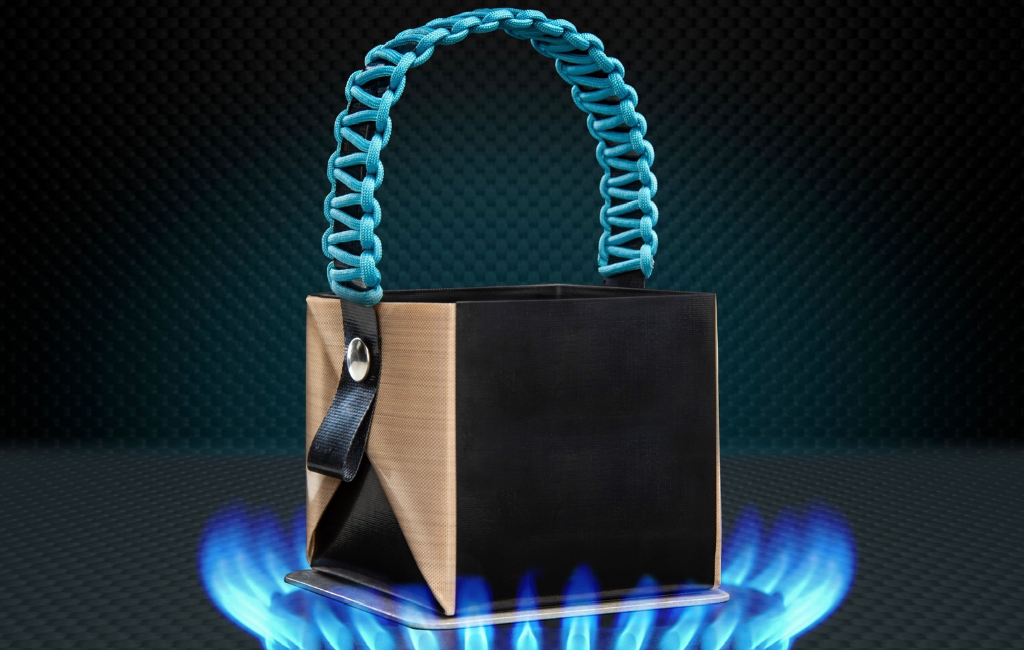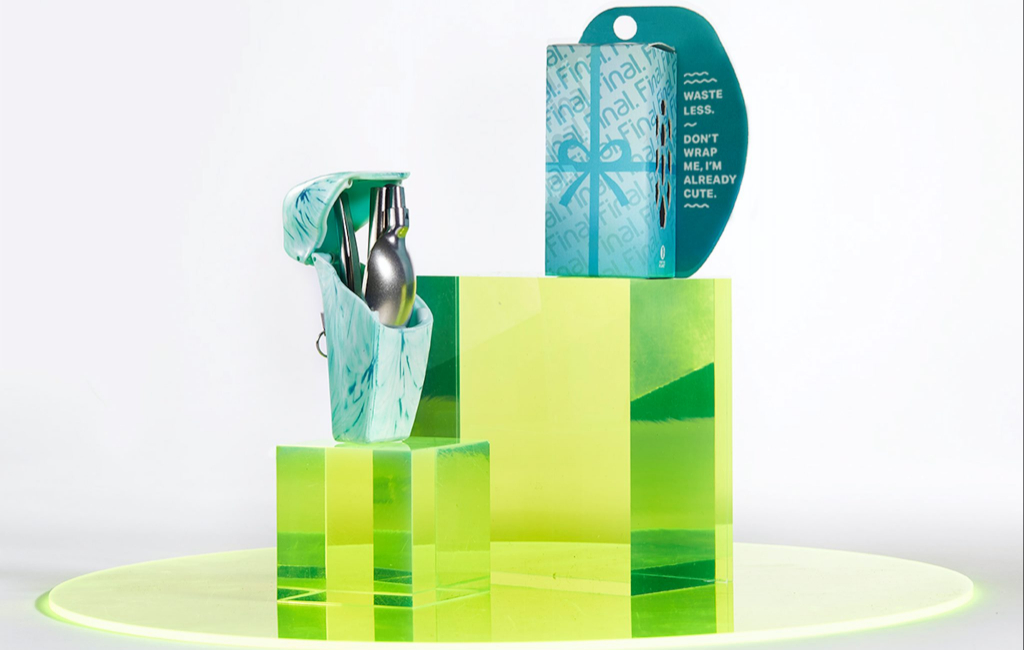BoxLock Smart Padlock for Package Deliveries
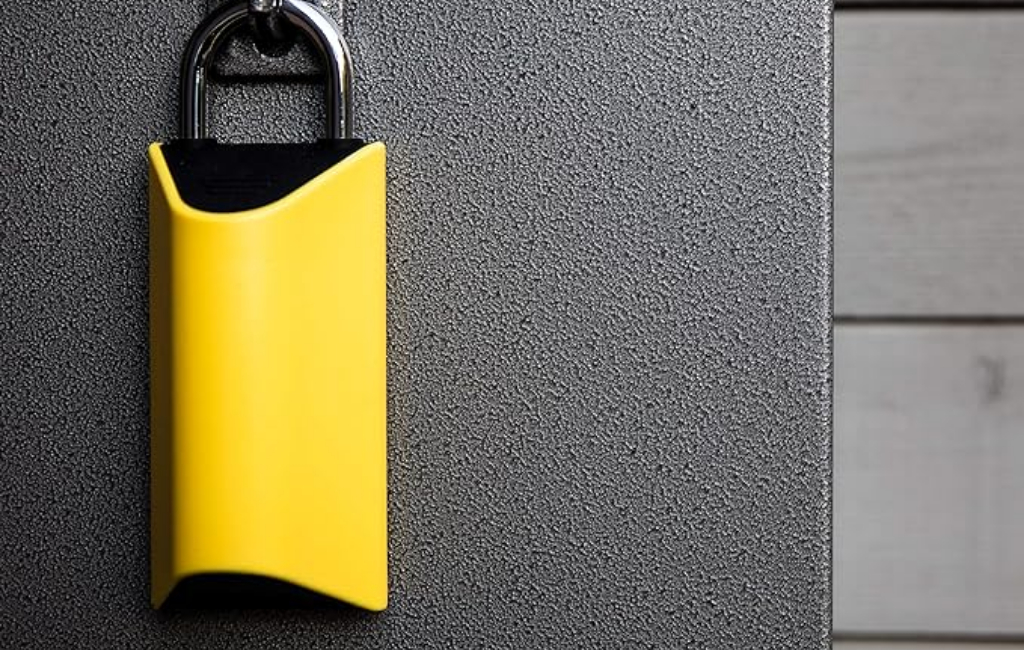
NO DEAL
EPISODE SUMMARY
🕓 Air Date: October 7, 2018
Asking For:
$1,000,000 for 5%
Investor:
No Deal
Deal:
No Deal
PRODUCT SUMMARY
BoxLock is a smart padlock designed to secure package deliveries by allowing delivery drivers to use the lock to scan tracking numbers, ensuring that the package is for the intended recipient.
WATCH HERE
IN A RUSH?
Click these to jump to the section you want to read.
Background Story
BoxLock, a smart padlock designed to secure package deliveries, was founded by Brad Ruffkess, who serves as the CEO. The company is based in Atlanta, Georgia. Brad’s journey to creating BoxLock began with a personal experience that many Americans can relate to — the frustration of package theft. In an era where e-commerce sales were on the rise, Brad, like millions of others, faced the increasing risk of porch pirates making off with delivered packages.
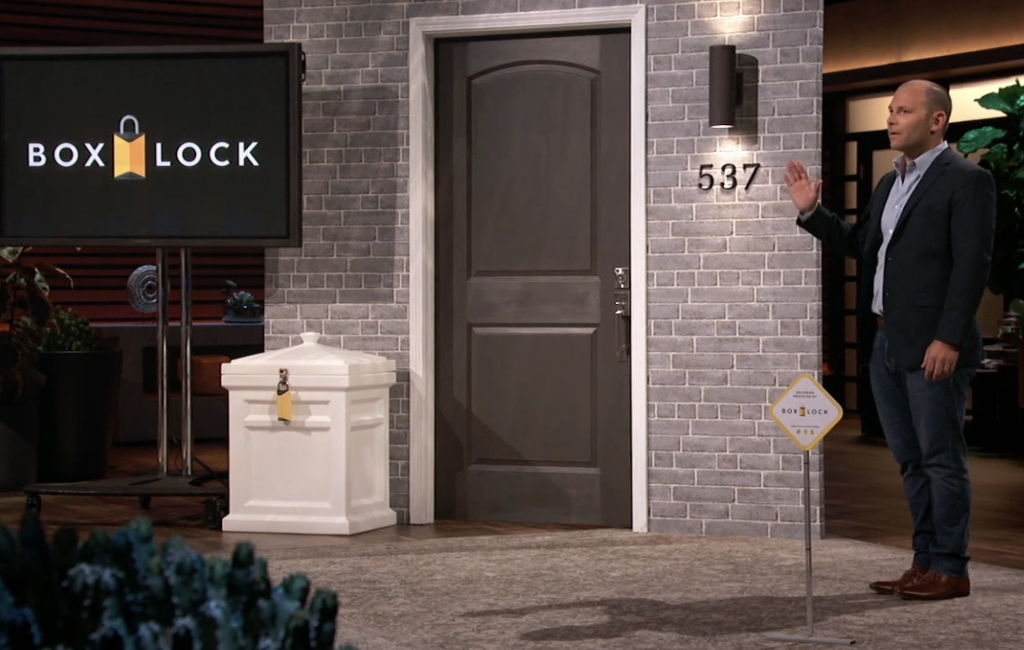
This pivotal moment occurred when, shortly after installing surveillance cameras to monitor deliveries, Brad witnessed a thief casually taking two packages from his front porch. This incident sparked the idea for BoxLock, a solution aimed at protecting deliveries from the growing threat of theft. Motivated by the rising tide of e-commerce, Brad set out to develop a smart and efficient system. BoxLock functions as a padlock that is applied to outdoor storage containers. The delivery driver uses the lock to scan the tracking number on the package. If the package is intended for the customer, the lock opens, allowing the driver to securely place the delivery inside the container.
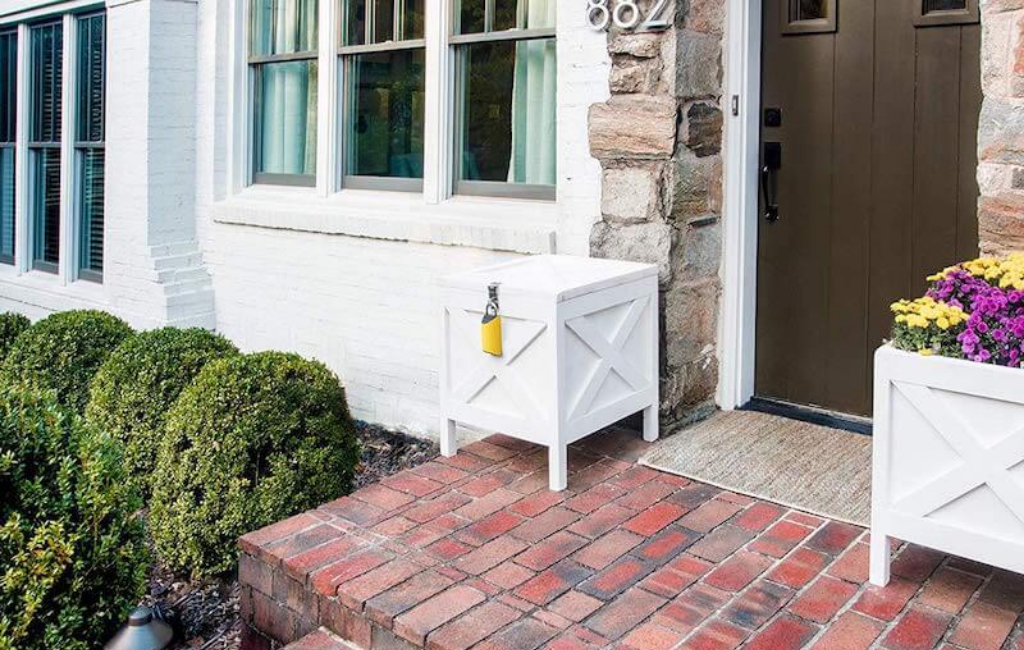
This innovative approach not only addresses the issue of porch piracy but also provides customers with real-time notifications on their smartphones, confirming the secure delivery of their packages. Brad, as the founder, invested approximately half a million dollars into research and development. The product was not only in the manufacturing phase during the pitch but had also garnered interest from consumers, with 800 units sold through pre-sales. The combination of personal experience, technological innovation, and a commitment to solving a prevalent issue in the age of online shopping defines BoxLock’s origin and the determination of its founder to make package deliveries safer and more reliable.
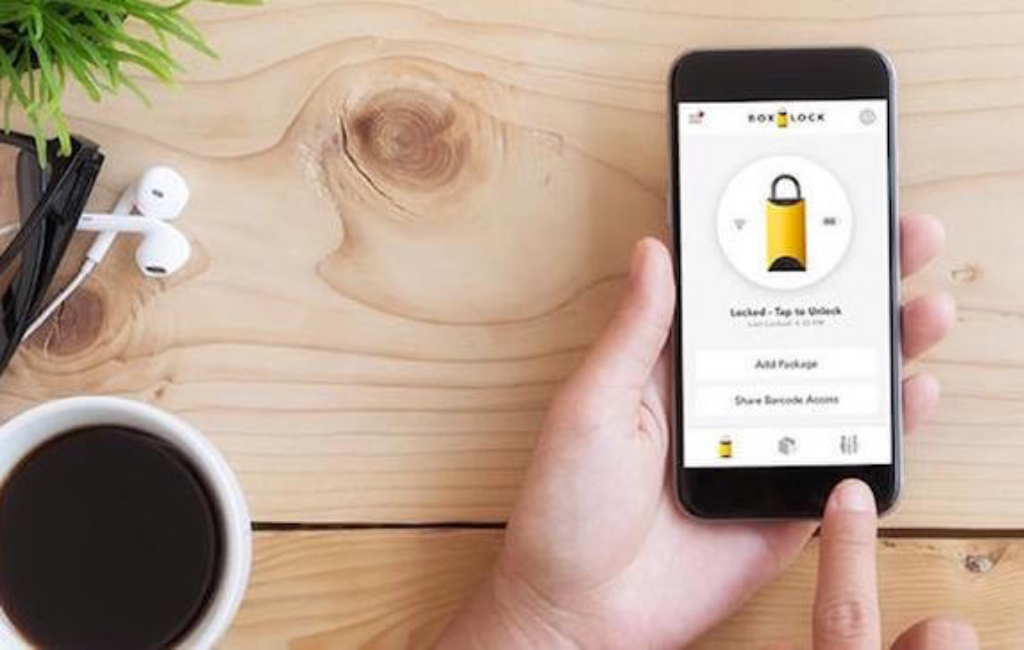
The Product
BoxLock, a cutting-edge smart padlock, offers a comprehensive solution to safeguard package deliveries from porch pirates. The product is designed to be applied to outdoor storage containers, providing a secure and convenient way to receive packages. The operational process is straightforward: when a delivery driver arrives with a package, they use the BoxLock to scan the tracking number on the package. If the package is designated for the customer, the lock automatically opens, granting the driver access to deposit the package securely inside the container.
One of the key benefits of BoxLock is its ability to alleviate concerns about package theft, a prevalent issue in the era of booming e-commerce. The system ensures that only authorized delivery personnel can access the storage container, offering peace of mind to consumers who frequently receive packages.
BoxLock’s features include real-time notifications sent to the customer’s smartphone upon successful delivery, confirming the security of their package. This not only enhances the customer experience but also provides a tangible measure of the system’s effectiveness.
During the pitch, Brad Ruffkess mentioned that BoxLock was in the manufacturing phase, with an anticipated retail price of $129. The box itself, where the padlock is applied, is expected to retail between $100 and $129. While the product had already gained traction with 800 units sold during pre-sales on platforms like Kickstarter, the retail availability and broader market presence were yet to be fully realized at the time of the pitch.
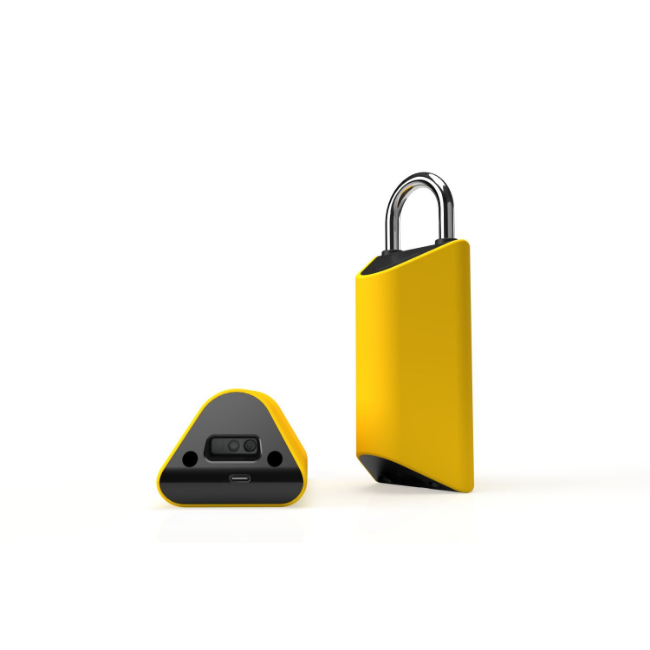
How It Went
The company’s position before Shark Tank
During the “Shark Tank” pitch, BoxLock provided a snapshot of its performance, shedding light on certain aspects of the company’s health and position. However, detailed financial metrics were not extensively covered. BoxLock was in the manufacturing phase, having invested around half a million dollars in research and development. The company had successfully conducted pre-sales on Kickstarter, selling 800 units at prices ranging from $89 to $109. Despite being in the early stages, BoxLock had garnered interest and demonstrated market potential.
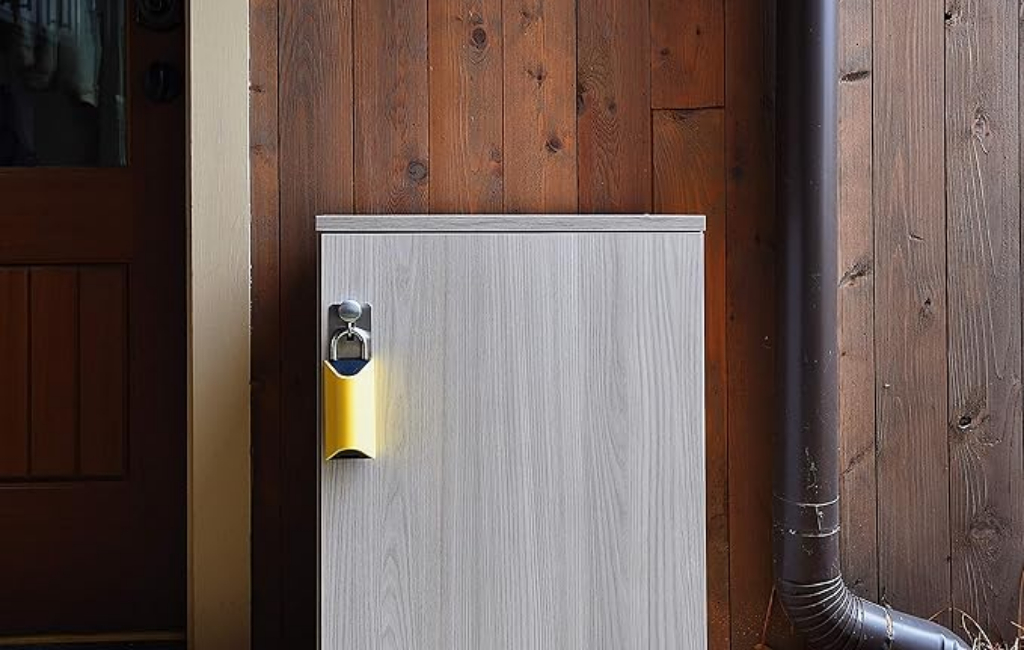
The company emphasized collaboration with various carriers, reflecting a strategic partnership approach within the logistics and delivery industry. BoxLock’s primary customers were envisioned to be individuals engaging in online shopping, seeking a secure solution for package deliveries. The product targeted consumers concerned about porch piracy, aligning with the growing trend of e-commerce. Specifics about profits and losses, available capital, and the current structure of the company were not explicitly disclosed.
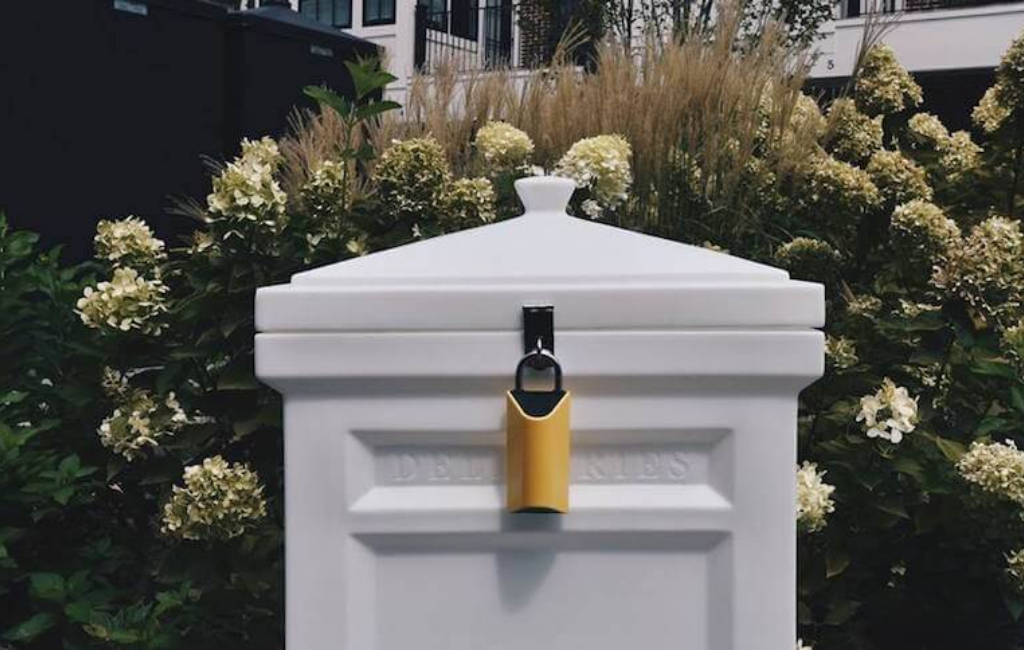
The pitch centered more on the product and the problem it aimed to solve, with less emphasis on the comprehensive financial standing and organizational structure of BoxLock.In summary, BoxLock showcased promise with early sales and a strategic focus on industry collaboration. However, the lack of detailed financial information and the high valuation raised concerns, impacting the sharks’ decisions and leaving questions about the broader financial health and structure of the company unanswered.
The Negotiations:
The negotiations for BoxLock on “Shark Tank” were marked by skepticism from the sharks, particularly concerning the company’s $20 million valuation. Brad Ruffkess sought $1 million for a 5% equity stake, which drew immediate concerns from the sharks, questioning the reasoning behind such a high valuation. The negotiations kicked off with Kevin O’Leary expressing doubt about the valuation and comparing it to a previous security-related product pitch. As Brad struggled to justify the valuation with concrete facts, the sharks became increasingly hesitant.
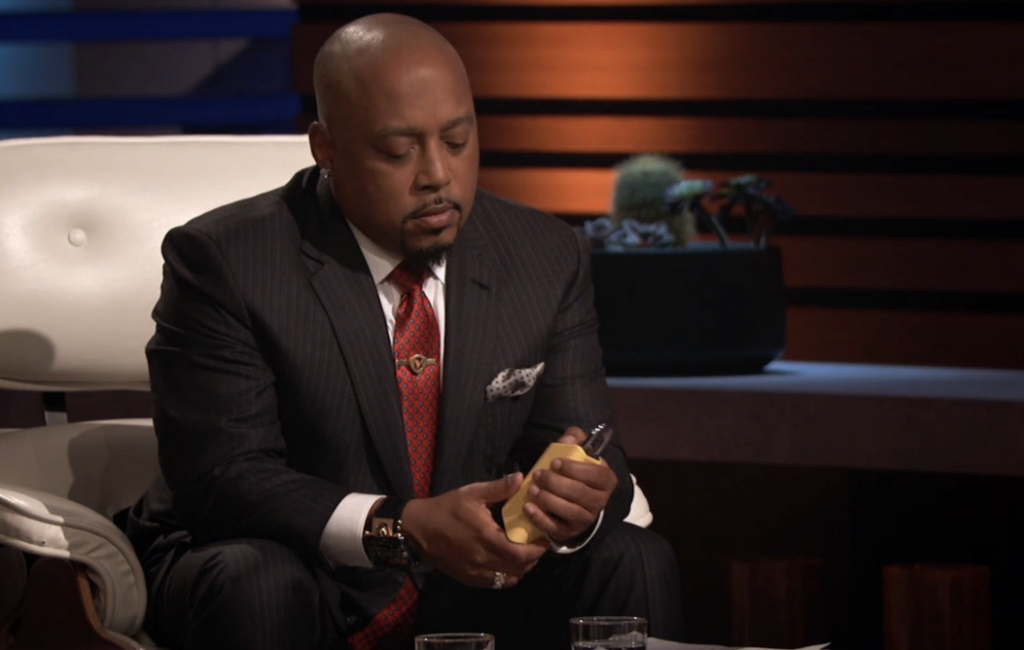
Lori Greiner offered a $1 million loan with an 8% interest rate and a 2.5% equity stake, proposing a royalty agreement to recoup the investment. However, Brad’s counterproposal for a $1.5 million loan with a $3 royalty per unit led to a standstill. With no agreement reached, Lori threw the opportunity to Jamie Siminoff. Despite initial interest from Jamie, he ultimately declined to invest, citing a missing key element in the business that he sought. The negotiation process revealed the sharks’ concerns about the risks and challenges BoxLock faced, such as changing consumer behavior and the substantial investment required to address these challenges.
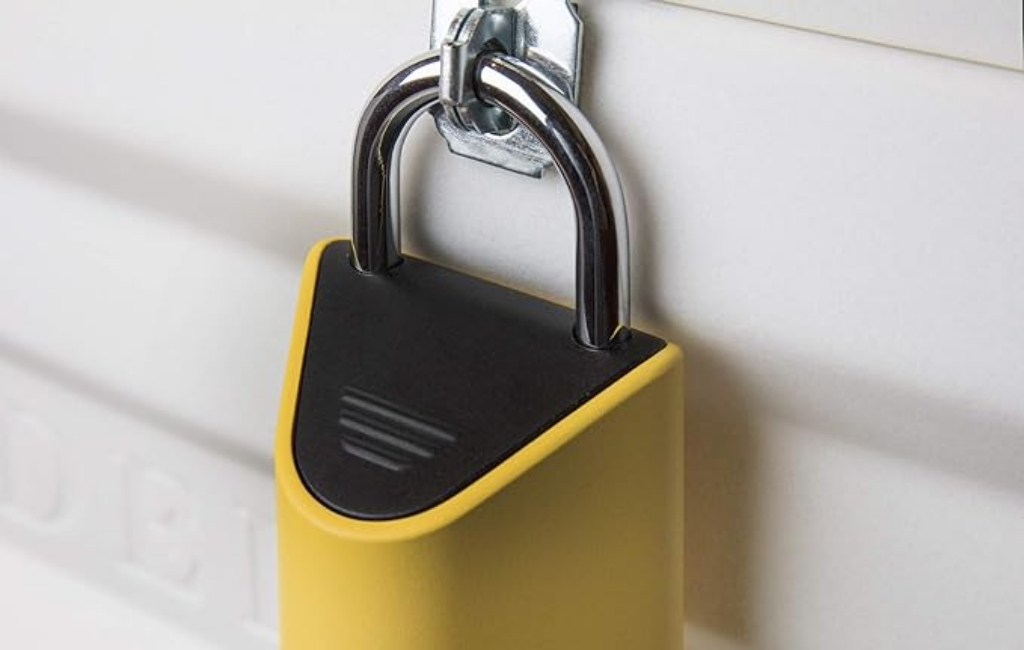
Ultimately, none of the sharks were convinced to invest in BoxLock, and Brad left the tank without securing a deal. The negotiations highlighted the importance of providing concrete financial data and a clear path to profitability, aspects that were lacking in BoxLock’s pitch and influenced the sharks’ decisions to abstain from investing.






